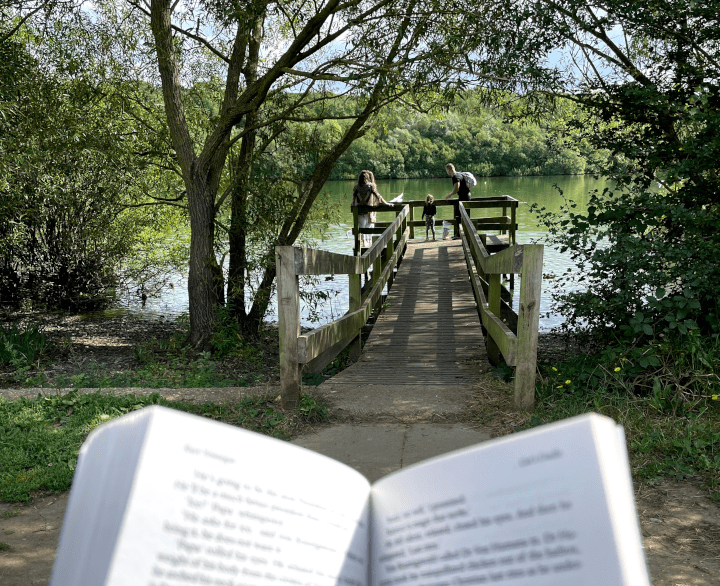
I just finished Kurt Vonnegut’s Cat’s Cradle. It is the first of Vonnegut’s books that I read and as an existentialist it resonated very well with me.
I enjoyed in particular the many poems, verses, calypsos and aphorisms from the Books of Bokonon. In the fictional Island of San Lorenzo there is a spiritual guru called Bokonon, who founded a religion followed in secret by everyone in the island.
Now, although he founded the religion, Bokonon didn’t believe in God or in the religion itself; he was a humanist.
What is sacred to Bokononists? Not God; just one thing: man.
He was also an existentialist, and this side of him was laid out beautifully when he tackled the main theme of Existentialism, the meaning of life; or rather the lack of it.
In the beginning, God created the earth, and he looked upon it in His cosmic loneliness.
And God said, “Let Us make living creatures out of mud, so the mud can see what We have done.”
And God created every living creature that now moveth, and one was man.
Mud as man alone could speak.
God leaned close as mud as man sat up, looked around, and spoke.
Man blinked. “What is the purpose of all this?” he asked politely.
“Everything must have a purpose?” asked God.
“Certainly,” said man.
“Then I leave it to you to think of one for all this,” said God.
And He went away.
But although he made some very good points, Bokonon was also a cynic. Despite having mocked people who felt superior to the poor and uneducated population of the Island of San Lorenzo with admonishments such as:
Beware of the man who works hard to learn something, learns it, and finds himself no wiser than before. He is full of murderous resentment of people who are ignorant without having come by their ignorance the hard way.
He himself enjoyed controlling them by virtue of their ignorance. He showed that in his final act, where he pulled a Jonestown-like manoeuvre and convinced thousands to end their own lives. He left the following note:
To whom it may concern: These people around you are almost all of the survivors on San Lorenzo of the winds that followed the freezing of the sea. These people made a captive of the spurious holy man named Bokonon. They brought him here, placed him at their center, and commanded him to tell them exactly what God Almighty was up to and what they should now do. The mountebank told them that God was surely trying to kill them, possibly because he was through with them, and that they should have the good manners to die. This, as you can see, they did. Bokonon
Now, whether their suicide was a good or a bad thing in the situation they were in is not entirely clear. Here is where Vonnegut’s warning coming from the mouth of Jonah, the main character, invites the reader to give this a bit more thought:
Anyone unable to understand how useful religion can be founded on lies will not understand this book either.
The main subjects throughout the book are truth, religion, meaning and to a lesser extent morality. I have been more interested in discussions about meaning, and on that subject I found Albert Camus’ The Stranger a more compelling read. Nonetheless I had a great time reading Cat’s Cradle and am already getting my hands on more of Kurt Vonnegut’s writing.
At this point you may be wondering what’s the purpose of this post. You would then realise that purpose and meaning are not really my thing anymore.